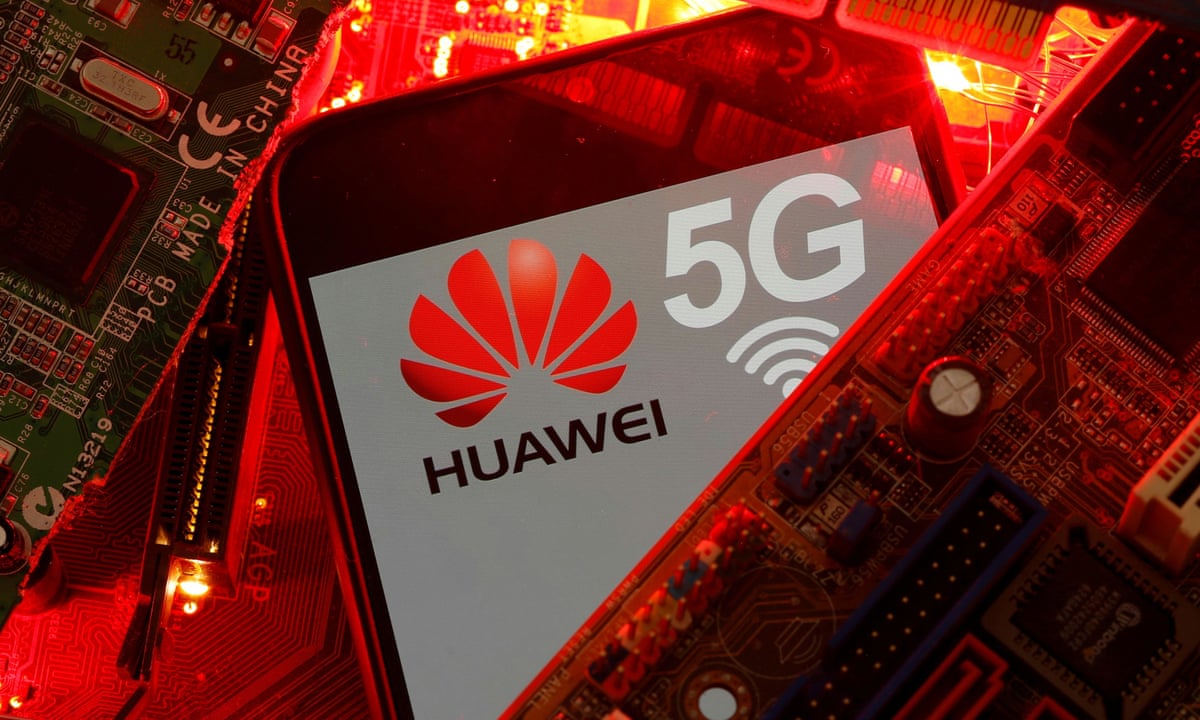As the English medieval proverb goes, “blood is thicker than water.” Just as I do not believe in the accuracy of this statement from rheology standpoint, the English never meant it literal, either. On the other hand, what they are saying is that bonds with family members will always be stronger than bonds formed out of friendship or love. Not a good mindset for some of us who truly believe in friendship.
However, it is amazingly true most of the time. On 14 July 2020, Britain, a historical ally of the US, both politically and familially, succumbed to pressures from the US to do away with China’s Huawei in matters of 5G deployment.
Apparently the pressure on Britain from the US has been formidable to bear. So, despite Trump’s apparent minuscule deference for Britain and the European Union, the US got its wish.
Specifically, the British government said that it would ban the purchase of new Huawei equipment for 5G networks, escalating tensions with China: “The new U.S. measures restrict Huawei’s ability to produce important products using U.S. technology or software.
The National Cybersecurity Center has reviewed the consequences of the U.S.’s actions. The N.C.C. has now reported to ministers that they have significantly changed their security assessment of Huawei’s presence in the U.K.’s 5G network. Given the uncertainty that this creates around Huawei’s supply chain, the U.K. can no longer be confident it will be able to guarantee the security of future 5G — Huawei 5G equipment — affected by the change in U.S. foreign direct product rules.
The government agrees with the National Cybersecurity Center’s advice. The best way to secure our networks is for operators to stop using new affected Huawei equipment to build the U.K.’s future 5G networks. This will delay our rollout of 5G. Our decisions in January had already set back that rollout by a year and cost up to a billion pounds.
Today’s decision to ban the procurement of new Huawei 5G equipment from the end of this year will delay rollout by a further year, and will add up to half a billion pounds to costs. This means a cumulative delay to 5G rollout of two to three years and costs of up to 2 billion pounds. This will have real consequences for the connections on which all our constituents rely.”
The battle for 5G dominance has been fierce and protracted. In the 3 June 2019 article in this column in Daily Trust, I talked about how the government of China has carried Huawei’s problems on its head and forcing countries to declare which side they are on: US or China.
China reportedly groups countries into three, in terms of whether they are on its side or on the side of the US. Staunch US allies like Japan, reportedly get the cold shoulder from Beijing, and Beijing keeping a minimum contact with them, while engaging in business only when it suits China’s own interests.
The second group of countries, typified by The Philippines, is “pro-China.” These countries are sensitive to economic incentives, and are keen to utilize China’s Belt & Road Initiative (BRI). China showers them with economic benefits to keep them loyal. The third group is “opportunistic” countries such as South Korea.
According to the 31 May 2019 issue of The Korean Times, “Instead of luring these countries with economic benefits, China’s recipe is to trample them.”
China allegedly punishes a country like South Korea severely so that it will serve as a “palpable” lesson to the other countries in the region. As suggested by Adam Satariano, Stephen Castle, and David Sanger on 14 July 2020 in New York Times, “Britain’s about-face signals a new willingness among Western countries to confront China, a determination that has grown firmer since Beijing last month adopted a sweeping law to tighten its grip on Hong Kong, the semi-autonomous city that was a British colony until 1997.
On Tuesday, Robert O’Brien, President Trump’s national security adviser, was in Paris for meetings about China with counterparts from Britain, France, Germany and Italy.” Australia and Japan have since banned Huawei in their 5G. What is in 5G that’s apparently making every country go bonkers? As I alluded to above, it’s not just about 5G; there is politics – based on the West’s assessment of China’s human rights violation.
There is also the perennial problem of alleged China’s flagrant theft of intellectual properties from the West. China’s National Intelligence Law, which holds Chinese companies legally responsible for providing access and cooperation for China state intelligence gathering, also doesn’t help. The promise of 5G is extensive. As stated in this column in the 18 February 2019 article, “the reason for this is not far-fetched: the stakes in terms of national security are going to be exponentially high for a country because 5G will change the whole way that societies function.” The 5G is not simply a matter of faster download speeds relative to 4G, the system will link everything from the cars you drive to the hospitals you visit, in a way that you probably still cannot imagine. The connectedness involved in Internet of Things implies a potentially severe security risk for a country.”

 Join Daily Trust WhatsApp Community For Quick Access To News and Happenings Around You.
Join Daily Trust WhatsApp Community For Quick Access To News and Happenings Around You.


